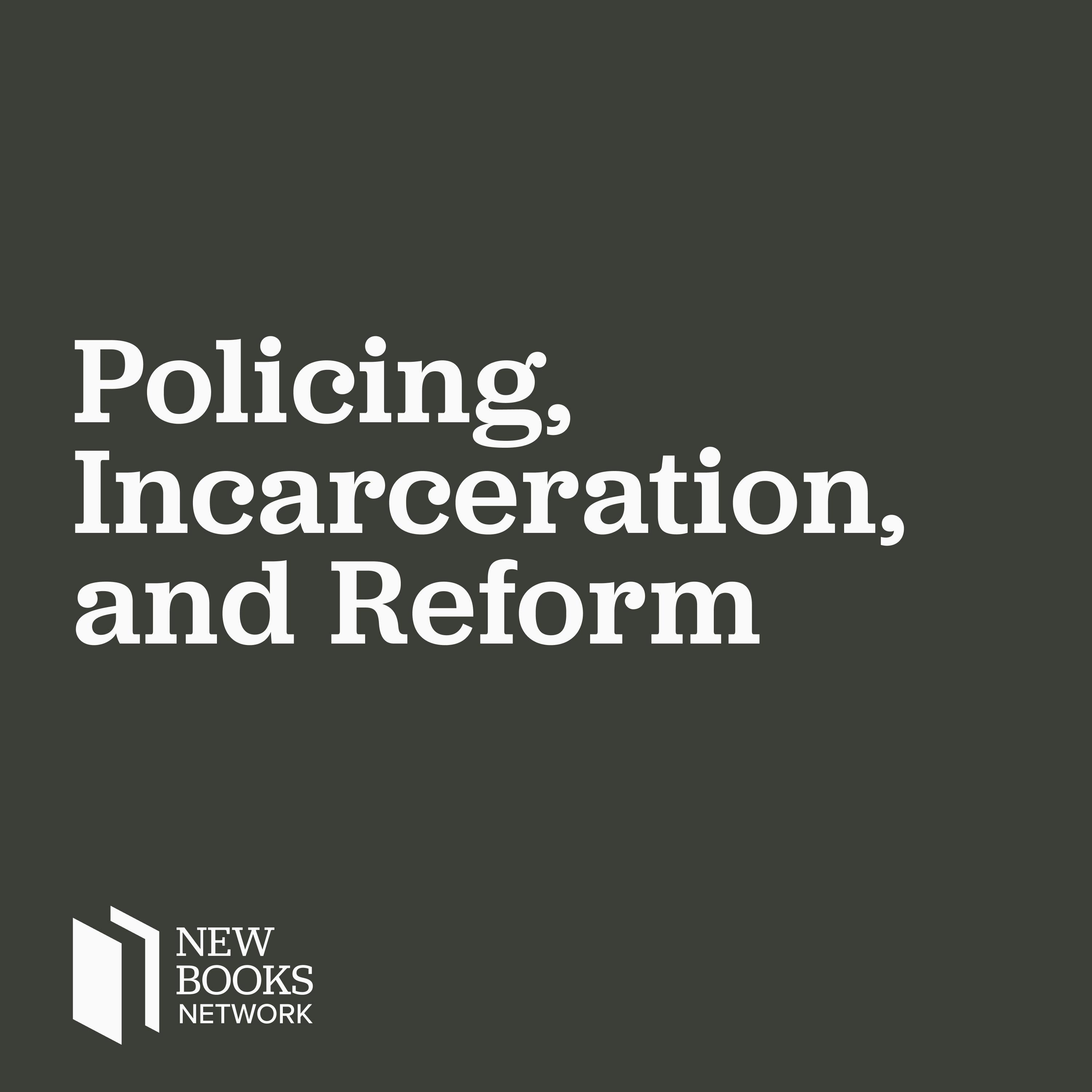Andy Clarno et al., "Imperial Policing: Weaponized Data in Carceral Chicago" (U Minnesota Press, 2024)
Chicago is a city with extreme concentrations of racialized poverty and inequity, one that relies on an extensive network of repressive agencies to police the poor and suppress struggles for social justice. Imperial Policing: Weaponized Data in Carceral Chicago (University of Minnesota Press, 2024) examines the role of local law enforcement, federal immigration authorities, and national security agencies in upholding the city’s highly unequal social order.
Collaboratively authored by the Policing in Chicago Research Group (PCRG), Imperial Policing was developed in dialogue with movements on the front lines of struggles against racist policing in Black, Latinx, and Arab/Muslim communities. The members of PCRG are Andy Clarno, Enrique Alvear Moreno, Janaé Bonsu-Love, Lydia Dana, Michael De Anda Muñiz, Ilā Ravichandran, and Haley Volpintesta. Imperial Policing analyzes the connections between three police “wars”—on crime, terror, and immigrants—focusing on the weaponization of data and the coordination between local and national agencies to suppress communities of color and undermine social movements. Topics include high-tech, data-based tools of policing; the racialized archetypes that ground the police wars; the manufacturing of criminals and terrorists; the subversion of sanctuary city protections; and abolitionist responses to policing, such as the Erase the Database campaign.
Andy Clarno is an Associate Professor of Sociology and Black Studies and coordinator of the Policing in Chicago Research Group at the University of Illinois at Chicago. His research examines racism, capitalism, colonialism, and empire in the early 21st century, with a focus on racialized policing and struggles for social justice in contexts of extreme inequality.
Michael De Anda Muñiz is an Assistant Professor in the Latina/Latino Studies Department at San Francisco State University. His research interests include culture, art, community engagement, space, and resistance.
Ilā Ravichandran is an assistant professor of legal studies at the University of Washington, Tacoma. Dr. Ravichandran’s research interests include science, knowledge, technology, biopolitics, policing, surveillance, counterinsurgency, state, queerness & Black studies.
Timi Koyejo is a graduate student in urban studies at the University of Vienna. He has worked professionally as a researcher at the University of Chicago and as an urban policy advisor for the City of Chicago.
Learn more about your ad choices. Visit megaphone.fm/adchoices

1h 18m